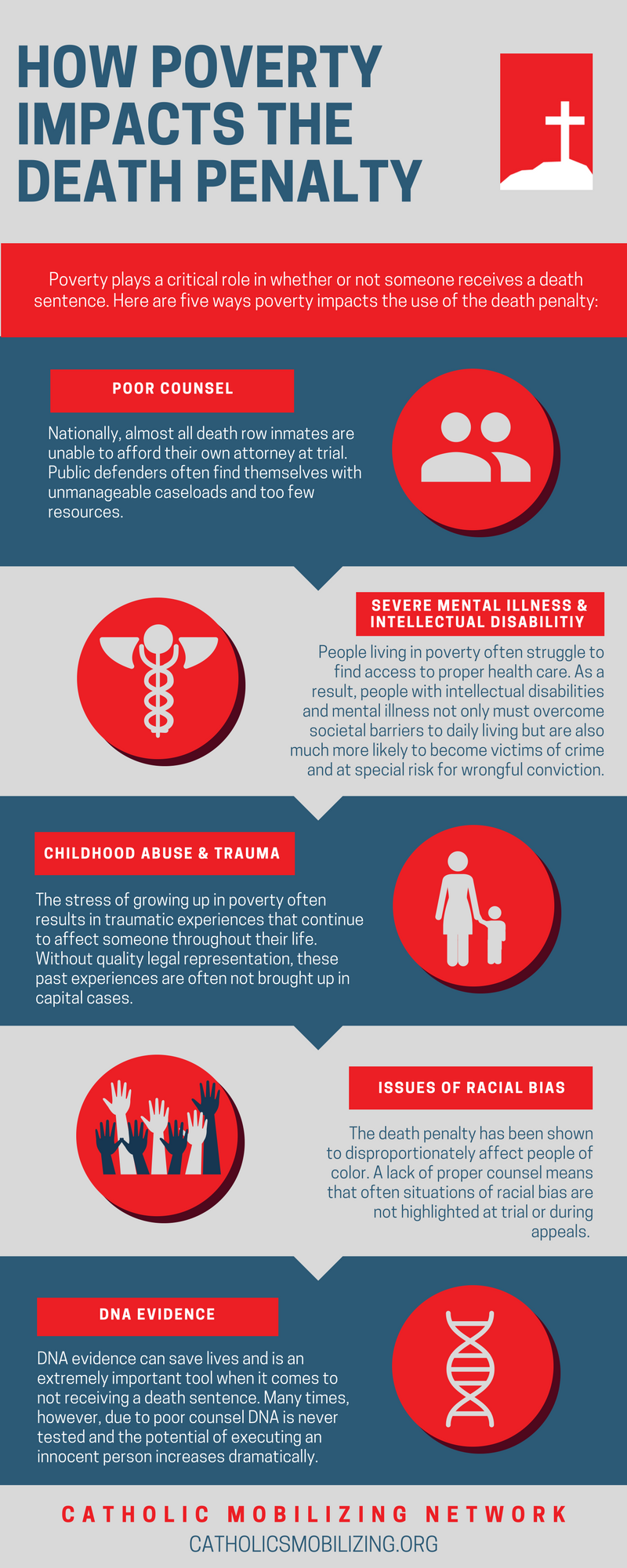Pope Francis has emerged as a powerful voice in the global debate against the death penalty, leveraging his moral authority to advocate for its abolition. His stance is not just a reflection of personal belief but also a significant shift within the Catholic Church's doctrine, emphasizing the sanctity and inviolability of human life. Through various encyclicals and public statements, Pope Francis has consistently argued that capital punishment perpetuates a cycle of violence and revenge, undermining the values of mercy and justice.
The Pope's call to abolish the death penalty represents a bold step forward in the evolution of Catholic teaching. By revising the Catechism of the Catholic Church and issuing encyclicals such as Fratelli Tutti, he underscores the importance of protecting human dignity in all circumstances. This move has sparked discussions worldwide, challenging governments and societies to reconsider their reliance on capital punishment as a means of justice. In doing so, Pope Francis invites us to embrace a more compassionate approach to crime and punishment, one rooted in rehabilitation rather than retribution.
Global Appeal: A Call for Humanity
Pope Francis has urged the faithful and non-believers alike to pray for the abolition of the death penalty. His advocacy stems from a profound belief that capital punishment contradicts the core principles of the Gospel, which emphasize love, forgiveness, and the inherent worth of every individual. In 2018, he revised the Catechism of the Catholic Church to explicitly state that the death penalty is inadmissible under any circumstances. This revision reflects a growing recognition that modern society possesses the means to protect citizens without resorting to lethal measures.
By encouraging prayer and dialogue, Pope Francis seeks to foster a cultural shift away from vengeance toward healing and reconciliation. He argues that the death penalty fuels societal poison, perpetuating a harmful cycle of retaliation that erodes the fabric of communities. Instead, he advocates for restorative justice practices that focus on repairing harm and reintegrating offenders into society.
This global appeal resonates with organizations like the Death Penalty Information Center (DPI), which highlight the inequities and flaws inherent in capital punishment systems worldwide. Together, these voices aim to dismantle the structures that perpetuate injustice and promote a more humane approach to addressing crime.
A Cycle of Vengeance: Breaking Free
In the preface to a recent book, Pope Francis warned that capital punishment fosters a destructive cycle of revenge within society. He contends that executing individuals in the name of justice only perpetuates violence, undermining efforts to create a peaceful world. The Pope emphasizes that true justice must transcend mere retribution, focusing instead on restoring relationships and fostering understanding between victims, offenders, and communities.
His message challenges traditional notions of justice, urging societies to examine the root causes of crime and invest in preventive measures. By prioritizing education, mental health support, and social programs, nations can address the underlying issues contributing to criminal behavior. This proactive approach not only reduces the incidence of crime but also diminishes the need for extreme punitive measures.
Pope Francis' critique of capital punishment aligns with broader movements advocating for criminal justice reform. These initiatives seek to transform legal systems into instruments of healing and empowerment, ensuring that all individuals are treated with dignity and respect regardless of their actions.
Redefining Doctrine: Progress or Departure?
Pope Francis' declaration that the death penalty is inadmissible and contrary to the Gospel marks a pivotal moment in the development of Catholic doctrine. In his encyclical Fratelli Tutti, he solidifies this position, closing the door on any justification for capital punishment. While some Catholics view this as a departure from tradition, others see it as a natural progression rooted in Scripture and historical teachings.
The Pope's stance builds upon earlier papal pronouncements condemning the death penalty while adapting to contemporary realities. Advances in technology and jurisprudence have rendered obsolete the argument that execution is necessary for public safety. Moreover, the increasing awareness of wrongful convictions highlights the fallibility of judicial systems, reinforcing the need for caution and compassion in matters of life and death.
As the Catholic Church continues to evolve, Pope Francis invites believers to reflect deeply on the implications of capital punishment. By embracing a more inclusive and merciful interpretation of doctrine, the Church aims to lead by example, inspiring others to value human life above all else.
Challenging the Status Quo: A Universal Right
Pope Francis asserts that the right to life is threatened wherever the death penalty exists, labeling it an attack on the dignity and inviolability of the human person. He calls on all Catholics to affirm this principle unequivocally, recognizing that no government or institution has the authority to take a life. This bold declaration demands action from both religious leaders and secular authorities, encouraging them to work together toward abolishing capital punishment.
His vision extends beyond the confines of faith, appealing to universal values shared across cultures and ideologies. By framing the issue as a matter of basic human rights, Pope Francis broadens the conversation, inviting diverse stakeholders to join forces in promoting a culture of life. This collaborative effort seeks to dismantle the barriers that perpetuate inequality and discrimination within the justice system.
Through his persistent advocacy, Pope Francis inspires hope for a future free from the stain of capital punishment. As more countries heed his call and adopt alternative approaches to justice, the world moves closer to realizing his vision of a more equitable and compassionate society.

